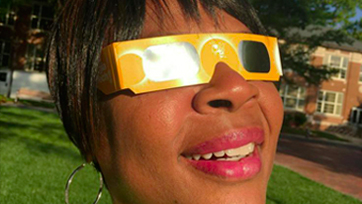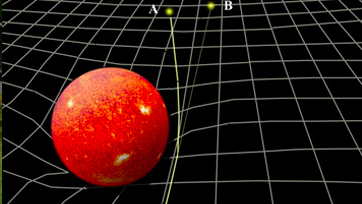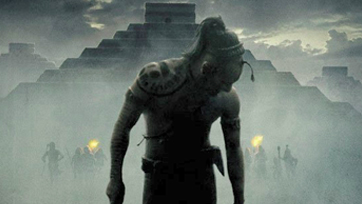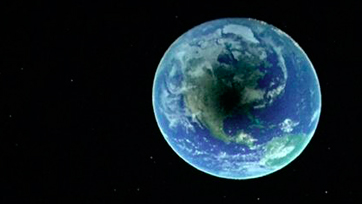When students arrive at Georgia Tech on Aug. 21 for the first day of fall classes, a special treat awaits them: a mid-afternoon solar eclipse.
It is expected to be the most-watched celestial event of the year: A total solar eclipse that will be visible across the U.S. from Oregon to South Carolina. Georgia Tech isn’t on the path of 100 percent totality, but above campus, the moon will block 97 percent of the sun’s disk at approximately 2:37 p.m. EDT. The eclipse should darken skies, drop air temperatures, and make birds think it’s bedtime.
College of Sciences Dean Paul Goldbart welcomes new students on Eclipse Day, Aug. 21, 2017
Dean and Betsy Middleton and John Clark Sutherland Chair Paul Goldbart welcomes our students to campus and to the College of Sciences on this auspicious first day of classes, coinciding with the 2017 solar eclipse.
How to Safely Watch the Solar Eclipse
The sunlight from a partial eclipse is bright enough to injure unprotected eyes. Georgia Tech astronomer James Sowell explains how to safely watch the eclipse and provides instructions for building your own viewing devices.
Can't Make it Outdoors? Watch a Live Stream.
Starting at 1 p.m., the College of Sciences will broadcast a live stream from the Georgia Tech Observatory. Audio from the Georgia Tech Sonification Lab's sonification of the solar system will accompany the live feed.
What Happens During a Total Solar Eclipse?
James Sowell, an astronomer, senior academic professional in the School of Physics, and director of the Georgia Tech Observatory, takes a look at the changes that will take place on Earth during the eclipse.







